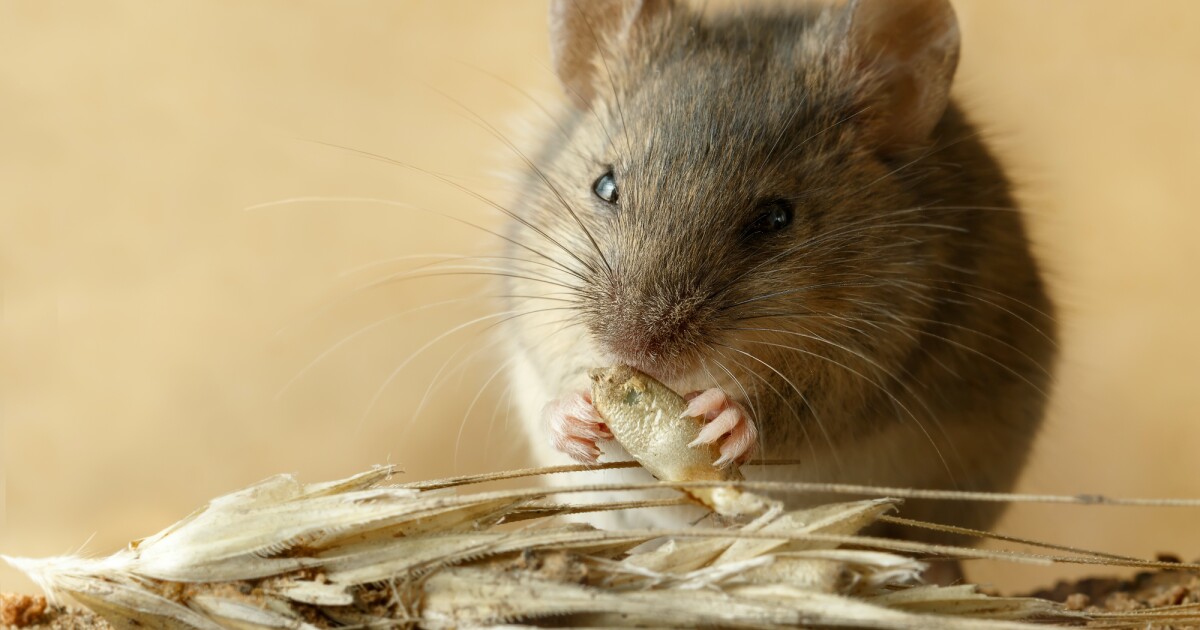By digging up and consuming sown wheat seeds, mice can have a huge effect on farmers’ crops. In an eco-friendly effort to cease the rodents from doing so, scientists are actually utilizing wheat germ oil to make complete fields scent appetizing.
Ordinarily, mice sniff out particular person wheat seeds both earlier than or in the course of the germination course of. As soon as that course of is full and the vegetation have sprouted, the creatures largely lose curiosity.
Many individuals may assume that so as to preserve mice away from the seeds, these seeds ought to be made much less interesting to the animals. Nonetheless, not solely would doing so contain having to chemically deal with all of the seeds, however the mice may additionally develop a tolerance for the chemical substances over time.
As a substitute, a College of Sydney crew led by PhD pupil Finn Parker took a more-or-less reverse “camouflaging” strategy.
By spraying complete wheat plots with wheat germ oil diluted in water, the researchers made all the soil, stubble and all the pieces else scent like germinating wheat seeds. As a result of mice due to this fact could not decide the place the precise seeds had been planted, they discovered and ate far fewer of them.
The scientists performed the trials in Might 2021, on 60 wheat plots situated on a farm within the state of New South Wales. A number of the plots acquired the wheat germ oil remedy, whereas others had been sprayed with canola oil, trampled, or left untreated as controls.
It was discovered that as in comparison with the untreated controls, 63% fewer wheat seeds had been eaten by mice in plots that had been sprayed with wheat germ oil throughout and after sowing. If the plots had been sprayed prior to sowing, the determine elevated to 74%. The canola-oil-treated and trampled plots did not fare significantly better than the controls.
“The camouflage appeared to final till after the seeds germinated, which is the interval of vulnerability when wheat must be protected,” mentioned Parker. “Mice can’t evolve resistance to the tactic both as a result of it makes use of the identical odor that mice depend on to search out wheat seeds.”
The scientists are actually investigating which concentrations of wheat germ oil work greatest, and the way typically the answer must be utilized to crops so as to keep efficient.
A paper on the research – which was co-authored by Prof. Peter Banks, Dr. Catherine Worth and analysis assistant Jenna Bytheway – was lately revealed within the journal Nature Sustainability.
Supply: College of Sydney


